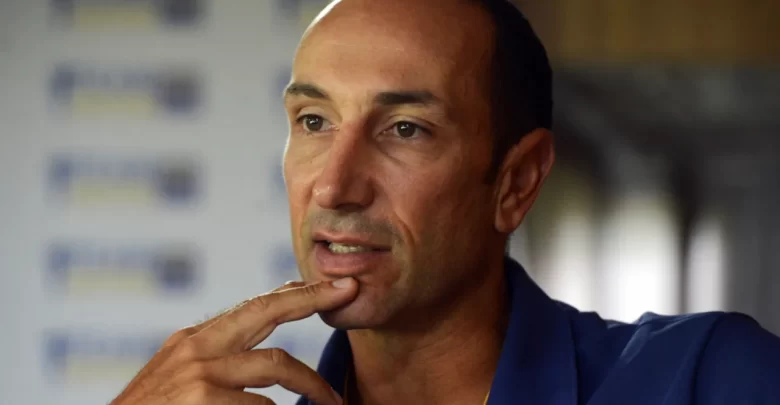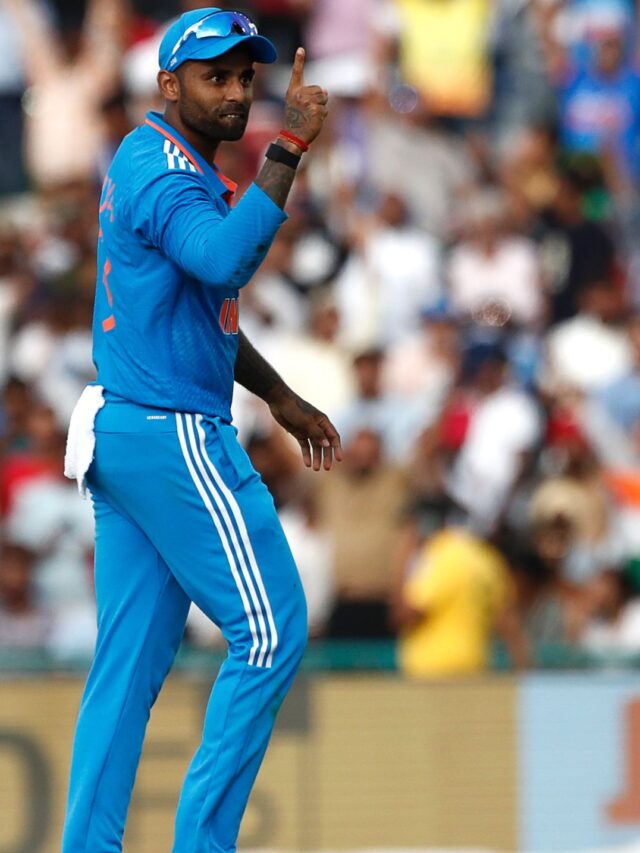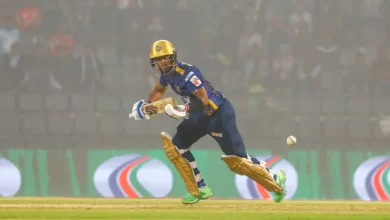Bangladesh Cricket NewsCoaching Updatescricket coachingCricket NewsInternational Cricket
Nic Pothas Highlights Challenges in Bangladesh Cricket Under Board Interference

Nic Pothas’ Insight into Bangladesh Cricket
Nic Pothas, who recently stepped down from his coaching role with the Bangladesh cricket team, shared critical insights into his tenure. He noted that while he found the experience satisfying and challenging, the major hurdle lay in managing interference from the Bangladesh Cricket Board (BCB).
The Role of Bangladesh’s Low and Slow Wickets
Pothas revealed that the team’s lack of progress stemmed from persistent interference in cricketing decisions by the board, a role traditionally reserved for cricket experts. He emphasized that to rise above their ninth-place ranking, Bangladesh cricket needs systemic changes.
Pothas pointed out a significant issue with Bangladesh’s pitch conditions, which are predominantly low and slow. He believes these conditions are not conducive to players’ growth. According to him, these wickets are often prepared to serve other agendas rather than improving the skills of the players.
Bowlers accustomed to these conditions face challenges adapting to better pitches abroad, limiting their performance. He also highlighted the lack of basic training tools, such as a spin-bowling machine, which is essential for a cricketing nation.
Governance Issues Under Nazmul Hasan’s Tenure
During Nazmul Hasan’s leadership, Pothas observed significant interference from the BCB in cricketing decisions. Unlike successful cricket nations where boards focus on governance and let cricket experts handle the game, the BCB often overstepped its boundaries.
Pothas contrasted this with the governance models in countries like England, where cricket operations are managed by professionals like Robert Key and Brendon McCullum, while the board remains behind the scenes.
Unrealistic Expectations and Their Impact
Bangladesh cricket often suffers from unrealistic expectations, such as aspirations of winning a World Cup without a track record of making it to the final stages. Pothas emphasized that to meet these expectations, fundamental changes are needed, including improving power-hitting in T20 cricket and fostering an environment where coaches can work without interference.
Future Challenges for Faruque Ahmed’s Board
Under the new leadership of Faruque Ahmed, Pothas suggests that the biggest challenge will be fostering trust between the board, players, and coaching staff. He stressed the importance of providing essential facilities, minimizing interference, and supporting the coaching staff to create a unified direction for success.
“If trust is established, the exceptional talent in Bangladesh will undoubtedly deliver remarkable results,” Pothas concluded.















